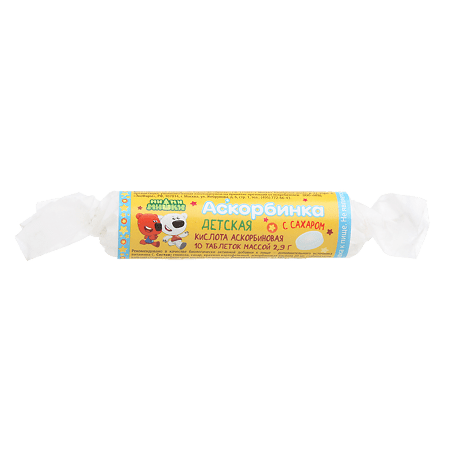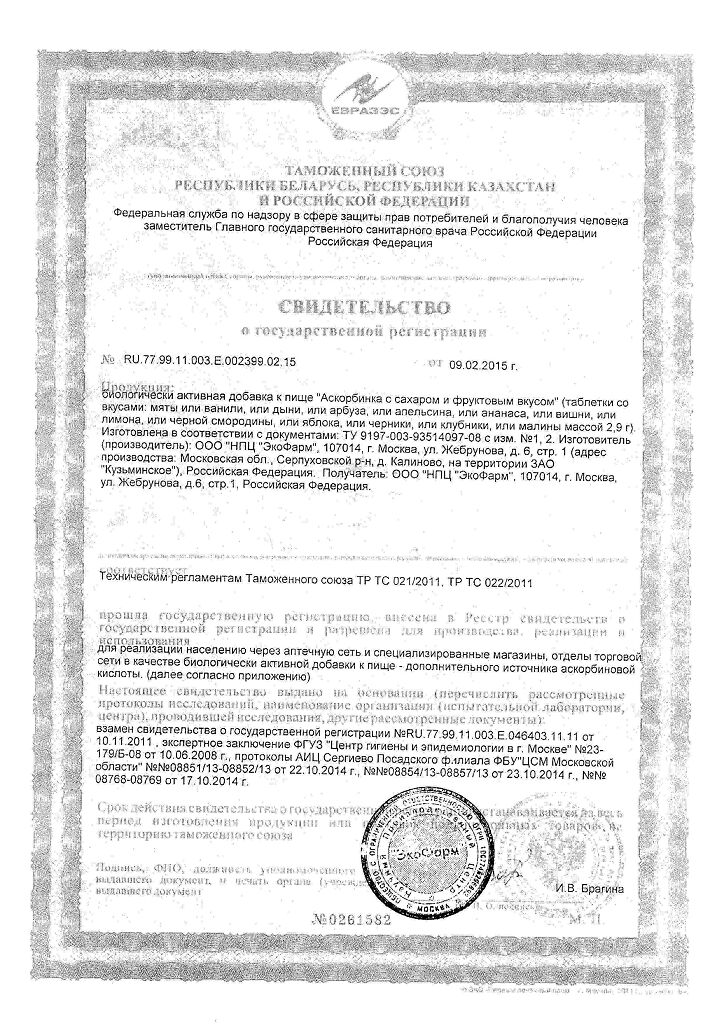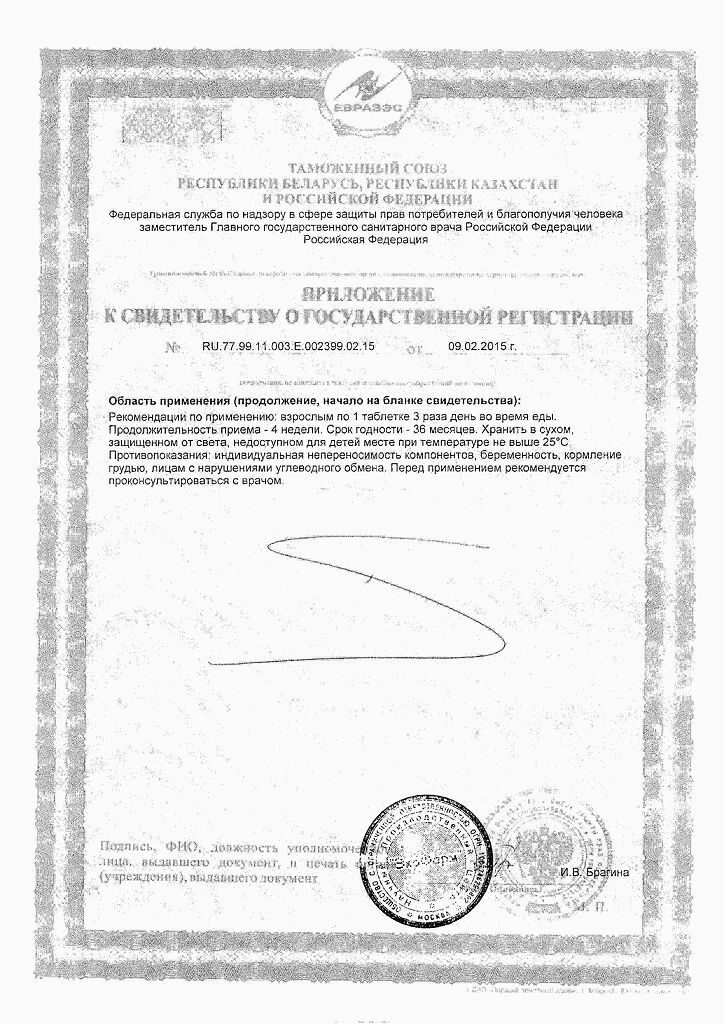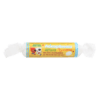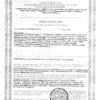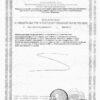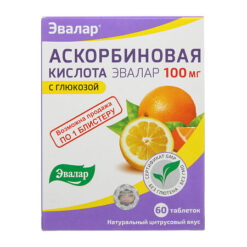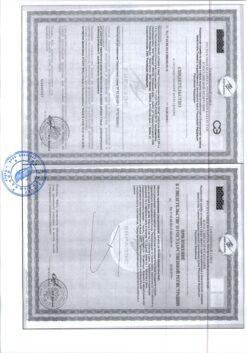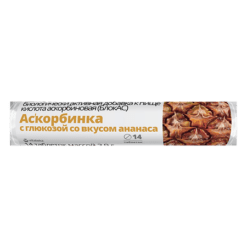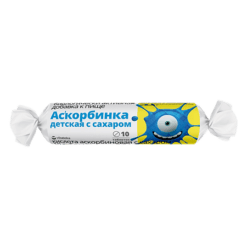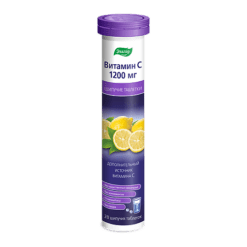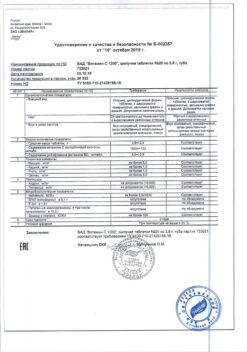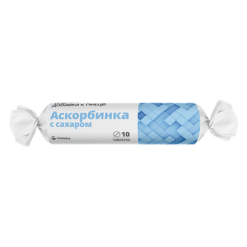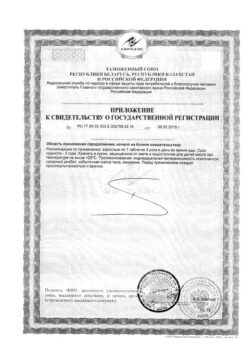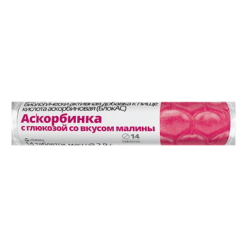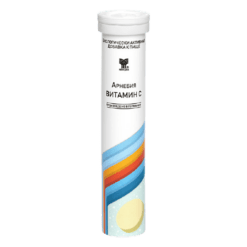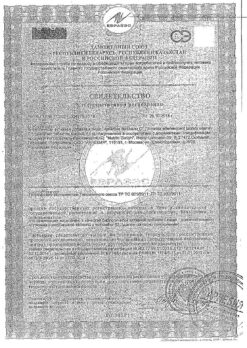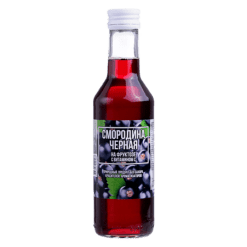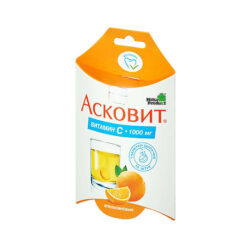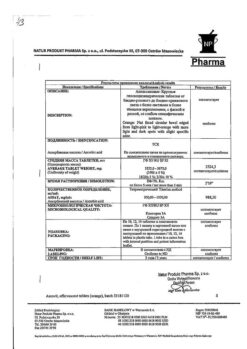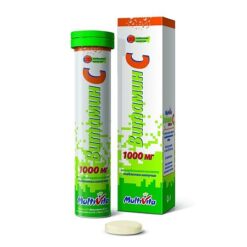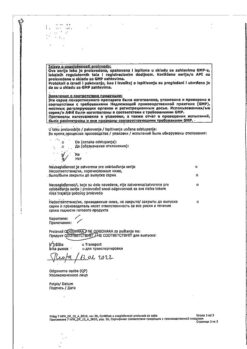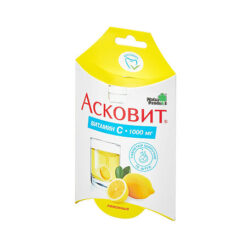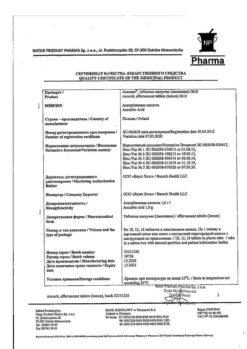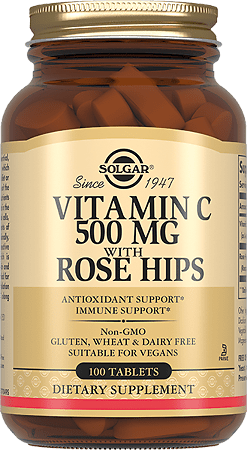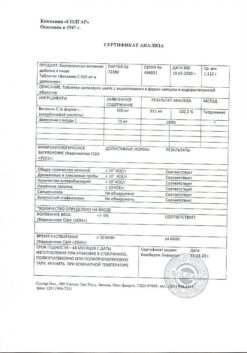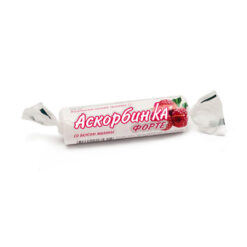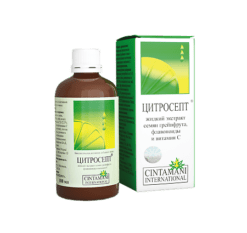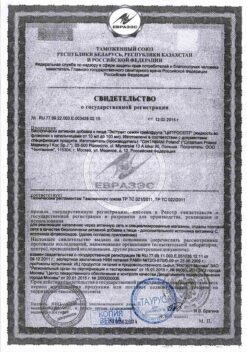No products in the cart.
MiMiMiChki Ascorbic acid for children with sugar 2.9 g twist, 10 pcs
€1.92 €1.75
Description
Ascorbic acid (vitamin C) is a drug that belongs to the group of synthetic vitamins.
Indications
Indications
The use of ascorbic acid is recommended in cases of hypo- and avitaminosis C (increased need for vitamin C) when:
Unbalanced diet, parenteral nutrition, strenuous mental and physical activity, recuperation after severe diseases, scurvy, alcoholism, smoking, burn disease, prolonged hypothermia, prolonged fever, hyperthyroidism, chronic infections, diseases and surgical treatment of the GIT (persistent diarrhea, small bowel resection, peptic ulcer, gastrectomy), trauma, tuberculosis, pregnancy (especially multiple pregnancies and against nicotine or drug addiction) and during lactation, artificial feeding and intensive growth, chronic intoxication with Fe drugs, idiopathic methemoglobinemia, prolonged stress, recovery in the postoperative period.
Composition
Composition
Active substance:
0.05 g ascorbic acid (vitamin C).
How to take, the dosage
How to take, the dosage
For prophylactic purposes for adults – 0.05-0.1 g per day; during pregnancy, during the postpartum period and in case of low vitamin C content in the milk of nursing women – 0.3 g per day for 10-15 days, after that – 0.1 g per day during the whole period of lactation.
In children prophylactically 0.025 g 2-3 times a day.
Therapeutic doses for adults are 0,05-0,1 g 3-5 times a day.
In children – 0,05-0,1 g 2-3 times a day.
Interaction
Interaction
Ascorbic acid increases the blood concentration of benzylpenicillin and tetracyclines; at a dose of 1 g / day increases the bioavailability of ethinylestradiol.
It improves intestinal absorption of iron preparations (converts trivalent iron to divalent iron); it may increase iron excretion in concomitant use with deferoxamine. Acetylsalicylic acid (ASA), oral contraceptives, fresh juices and alkaline drinking reduce absorption and assimilation.
Concomitant use with ASA increases urinary excretion of ascorbic acid and decreases excretion of ASA. Asc reduces the absorption of ascorbic acid by about 30%.
It increases the risk of crystalluria when treated with salicylates and short-acting sulfonamides, slows renal excretion of acids, increases excretion of drugs that are alkaline (including alkaloids), reduces the blood concentration of oral contraceptives.
It increases total clearance of ethanol, which in turn reduces the concentration of ascorbic acid in the body. Quinoline-type drugs (fluoroquinolones, etc.), calcium chloride, salicylates, glucocorticosteroids deplete ascorbic acid reserves in long-term use.
In concomitant use it reduces chronotropic effect of isoprenaline. With long-term use or use in high doses may disrupt disulfiram-ethanol interaction.
In high doses increases renal excretion of mexiletine. Barbiturates and primidone increase excretion of ascorbic acid in the urine. Reduces the therapeutic effect of antipsychotic drugs (phenothiazine derivatives), tubal reabsorption of amphetamine and tricyclic antidepressants.
Special Instructions
Special Instructions
During treatment it is necessary to monitor BP and adrenal function, because vitamin C stimulates the synthesis of corticosteroid hormones.
If the level of iron (Fe) in the body is elevated, Ascorbic acid should only be taken in minimal doses.
It should be noted that taking vitamin C may cause distortions in laboratory tests, such as blood and urine sugar levels, lactate dehydrogenase and transaminase activity, and bilirubin in liver samples.
Contraindications
Contraindications
The absolute contraindication to the use of the remedy in any dosage is hypersensitivity to ascorbic acid.
Overdose
Overdose
Symptoms with prolonged use of high doses (more than 1 g) – headache, increased excitability of the central nervous system, insomnia, nausea, vomiting, hyperacid gastritis, gastrointestinal mucosa ulceration, heartburn, diarrhea, difficult urination, staining of urine red, hemolysis (in patients with glucose-6-phosphate dehydrogenase deficiency), inhibition of pancreatic insular function (hyperglycemia, glucosuria), hyperoxaluria, nephrolithiasis (from calcium oxalate), renal glomerular damage, moderate pollakiuria (when taking doses over 600 mg/day).
Decreased capillary permeability (deterioration of tissue trophism, increased blood pressure, hypercoagulation, development of microangiopathies is possible).
Assignments
Assignments
Additional information
| Shelf life | 1 year. |
|---|---|
| Conditions of storage | In a dry, light-protected place. |
| Manufacturer | EkoPharm NPC LLC, Russia |
| Medication form | pills |
| Brand | EkoPharm NPC LLC |
Other forms…
Related products
Buy MiMiMiChki Ascorbic acid for children with sugar 2.9 g twist, 10 pcs with delivery to USA, UK, Europe and over 120 other countries.

